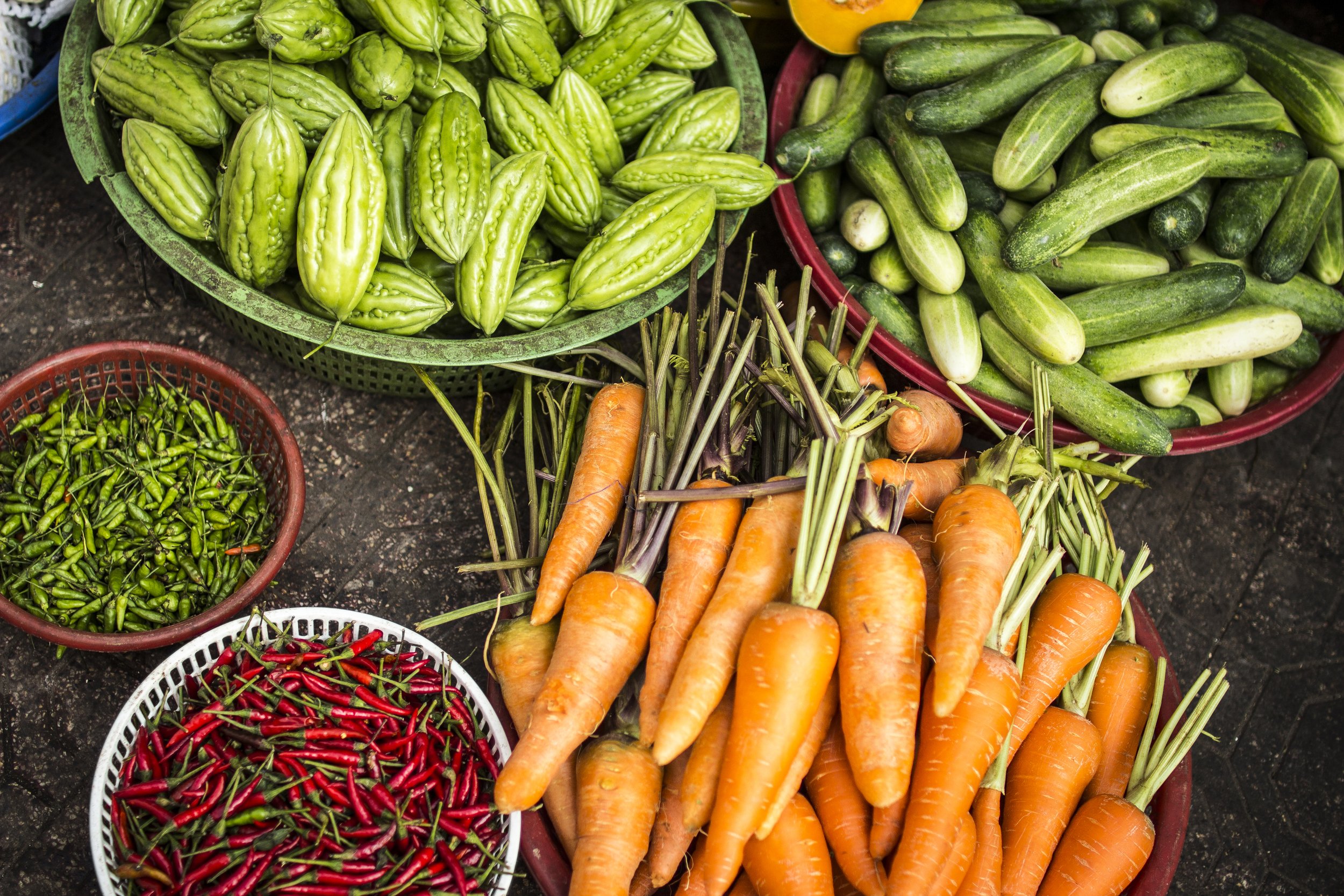
The Royal Academy of Culinary Arts has a proud tradition of championing quality food and hospitality and that includes where and how our ingredients are sourced and produced.
Sustainability
Learn More
Our RACA Academicians, Colleges, Associate members, and associated partners have contributed to our sustainability mandate in the following areas:
Demonstrating and championing sustainable and ethical food values
Sustainable sourcing and promoting biodiversity
Supporting high standards of animal welfare
Reducing waste and managing resources sustainably
Modern working practices including encouraging, supporting and investing in current and future workforces
Championing and motivating a sustainable and ethical food philosophy
Sustainability and ethical food philosophy
Our sustainability and food philosophy serves to inspire the enjoyment of food using fresh, natural ingredients from sustainable, natural sources. The ingredients we use should be nurtured through sound and ethical production methods in nearby seas, waters, farms, and in the wild.
Individually and collectively we have a role to play, from inspiring our young people about food to sourcing sustainable and ethically produced ingredients, reducing food waste, reducing energy, and encouraging our teams, customers, and communities. That is why we are placing our sustainable and ethical food philosophy at the heart of what it means to be a member of the Royal Academy of Culinary Arts.
Organisations which support us with our sustainability act - James Golding, RACA Sustainability Committee Chairman
Our shared commitment to sustainable and ethical food
At the Royal Academy of Culinary Arts, we have a proud tradition of championing high quality food and hospitality. Today, more than ever, this means using sustainably sourced ingredients that come from producers and suppliers with high standards of animal welfare. At the same time we have a responsibility to our environment by ensuring that resources used in the preparation of our dishes are sustainably sourced, effectively used and sustainably disposed. We have created a sustainability and food philosophy that encompasses the key elements of sustainability and ethical food that we expect all our academicians, affiliated colleges and associate members to fulfill or be working towards. It has been developed over the past two years by our members, with advice and feedback from friends and expert organisations and aims to be relevant for all our members whatever their type of operation and wherever they are based. We have seen through the activities of Academicians and the piloting of the philosophy, that any activity has consequences and what may suit one business, may not be suitable for another. Similarly, what may seem a sensible solution today may be revealed to have hidden consequences tomorrow. As a result, the philosophy is a living document and will be updated periodically to take on board new evidence and best practice. Some academicians have been at the forefront of this agenda for many years. Others in contrast are starting out on their journey. Throughout the development of the philosophy it has been truly motivational to see academicians share their stories, challenges and solutions. It is fitting, that as the Academy celebrates its fortieth anniversary that we work collectively towards meeting the ambition and content of the philosophy.
How best to use the handbook
This document sets out the sustainability and ethical food philosophy. It is structured across six pillars:
Strategy: demonstrating and championing sustainable and ethical food values
Sourcing: sustainable sourcing and promoting biodiversity
Animal welfare: supporting high standards of animal welfare
Resource and Waste Management: reducing waste and managing resources sustainably
Modern Working Practices: encouraging, supporting and investing in your current and future workforce
Promotion and engagement: championing and motivating a sustainable and ethical food philosophy
Each of the pillars below contains a number of actions that you need to have met or be working towards. The handbook has been designed to make it as easy as possible for you to work through the philosophy; identify those areas where you are already undertaking the activity as well as those areas where you can focus. You will be asked to let us know how you are progressing against the philosophy by sending us your completed checklists. We encourage you to work with another academician to provide peer to peer support as you work through the philosophy and assess your progress. All members of the Academy are expected to demonstrate progress towards the philosophy. There could be some actions that are currently too difficult to meet. If this is the case, explain the reasons for this.
The six pillars


